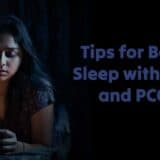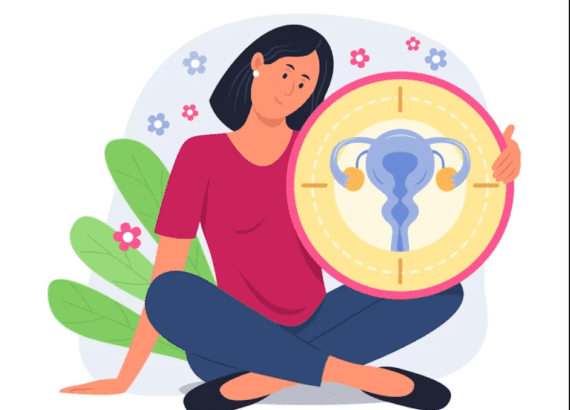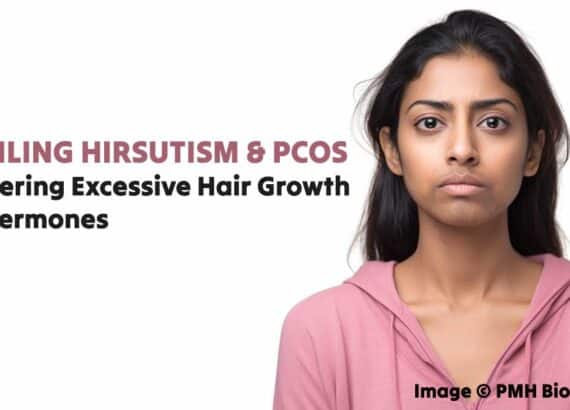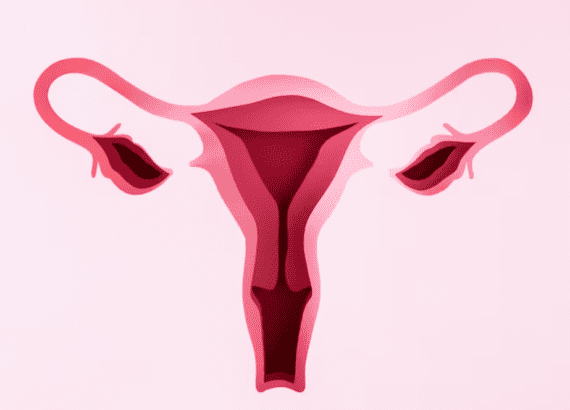The Emotional Toll of Living with PCOS & PCOD
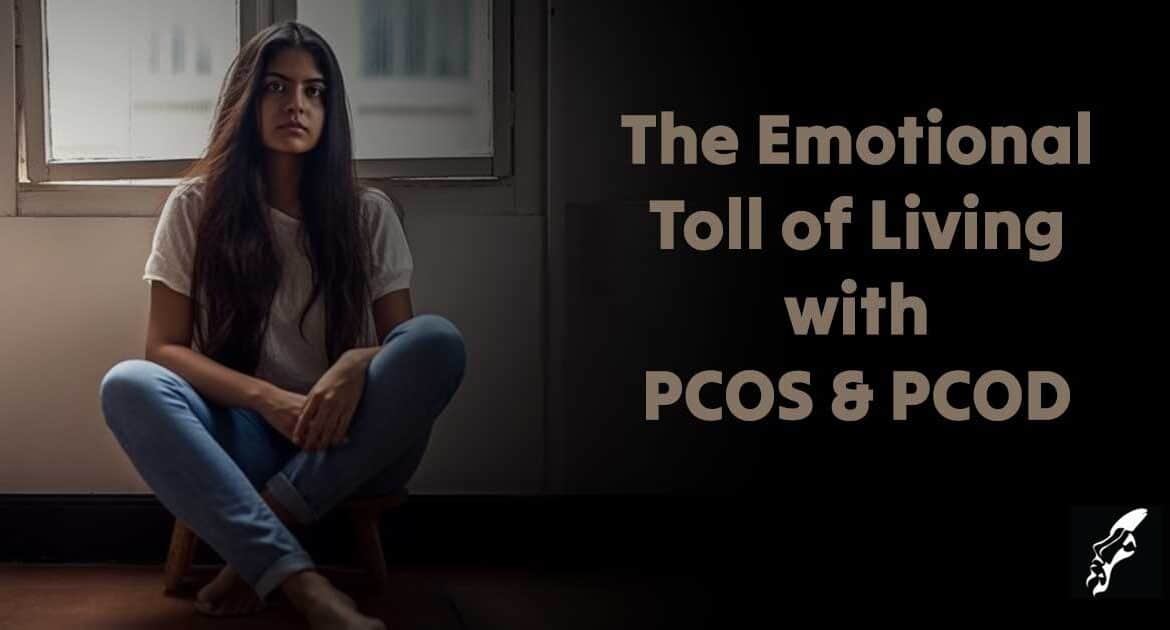
PCOS and PCOD are common endocrine disorders that affect millions of women worldwide. These conditions can cause a range of physical symptoms, from irregular periods and acne to weight gain and hair loss. However, the emotional toll of living with PCOS & PCOD can often be overlooked. In this blog post, we’ll explore the emotional impact of these conditions and offer some tips for coping with the emotional challenges they present.
Living with PCOS can be a rollercoaster of emotions, from the highs of feeling like you’re finally managing your symptoms to the lows of dealing with the physical and emotional pain that comes with it. It can be exhausting, but remember that you’re not alone. Reach out to others who understand what you’re going through, and give yourself permission to feel your feelings.
The Emotional Impact of PCOS & PCOD
Living with PCOS & PCOD can take a toll on your emotional well-being. Here are some of the ways these conditions can affect you emotionally:
- Anxiety and Depression : Women with PCOS & PCOD are more likely to experience anxiety and depression than women without these conditions. The hormonal imbalances associated with PCOS & PCOD can disrupt the production of neurotransmitters like serotonin and dopamine, which can contribute to feelings of anxiety and depression.
- Body Image Issues : Many women with PCOS & PCOD struggle with their body image. Weight gain and difficulty losing weight are common symptoms of these conditions, which can make it challenging to feel good about your body.
- Infertility : PCOS & PCOD are leading causes of infertility in women. The inability to conceive a child can be devastating and cause feelings of grief, loss, and depression.
- Social Isolation : Women with PCOS & PCOD may feel isolated and alone in their struggles. These conditions can be challenging to discuss, and the physical symptoms can make it difficult to participate in social activities.
Tips for Coping with the Emotional Challenges of PCOS & PCOD
If you’re living with PCOS & PCOD, there are several things you can do to cope with the emotional challenges these conditions present. Here are some tips:
- Seek Support : Joining a support group or talking to a therapist can help you feel less alone in your struggles. You may find comfort in connecting with other women who are going through similar experiences.
- Practice Self-Care : Taking care of yourself is essential when you’re living with PCOS & PCOD. Make time for activities that bring you joy, like exercise, reading, or spending time with friends.
- Educate Yourself : Understanding your condition can help you feel more in control. Take the time to research PCOS & PCOD and talk to your healthcare provider about any questions or concerns you have.
- Consider Medication : In some cases, medication may be necessary to manage the symptoms of PCOS & PCOD. Talk to your healthcare provider about the options available to you.
Conclusion
Living with PCOS & PCOD can be challenging, but it’s essential to remember that you’re not alone. By seeking support, practicing self-care, educating yourself, and considering medication, you can manage the emotional challenges of these conditions and live a happy, fulfilling life.
Remember to talk to your healthcare provider about any concerns you have regarding your PCOS & PCOD symptoms. They can offer guidance on managing your symptoms and provide resources for emotional support. By taking care of your physical and emotional health, you can live a fulfilling life with PCOS & PCOD. Remember, you’re not alone, and there is help available.
FAQs
Q: Can PCOS & PCOD cause depression?
A: Yes, women with PCOS & PCOD are more likely to experience depression than women without these conditions.
Q: Can PCOS & PCOD cause infertility?
A: Yes, PCOS & PCOD are leading causes of infertility in women.
Q: How can I cope with the emotional challenges of PCOS & PCOD?
A: Seeking support, practicing self-care, educating yourself, and considering medication are all ways to cope with the emotional challenges of PCOS & PCOD.


